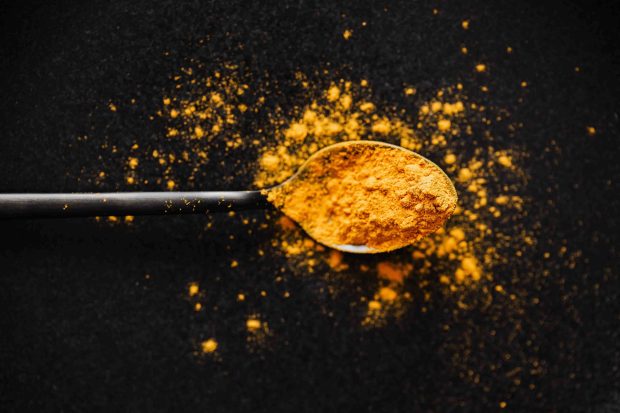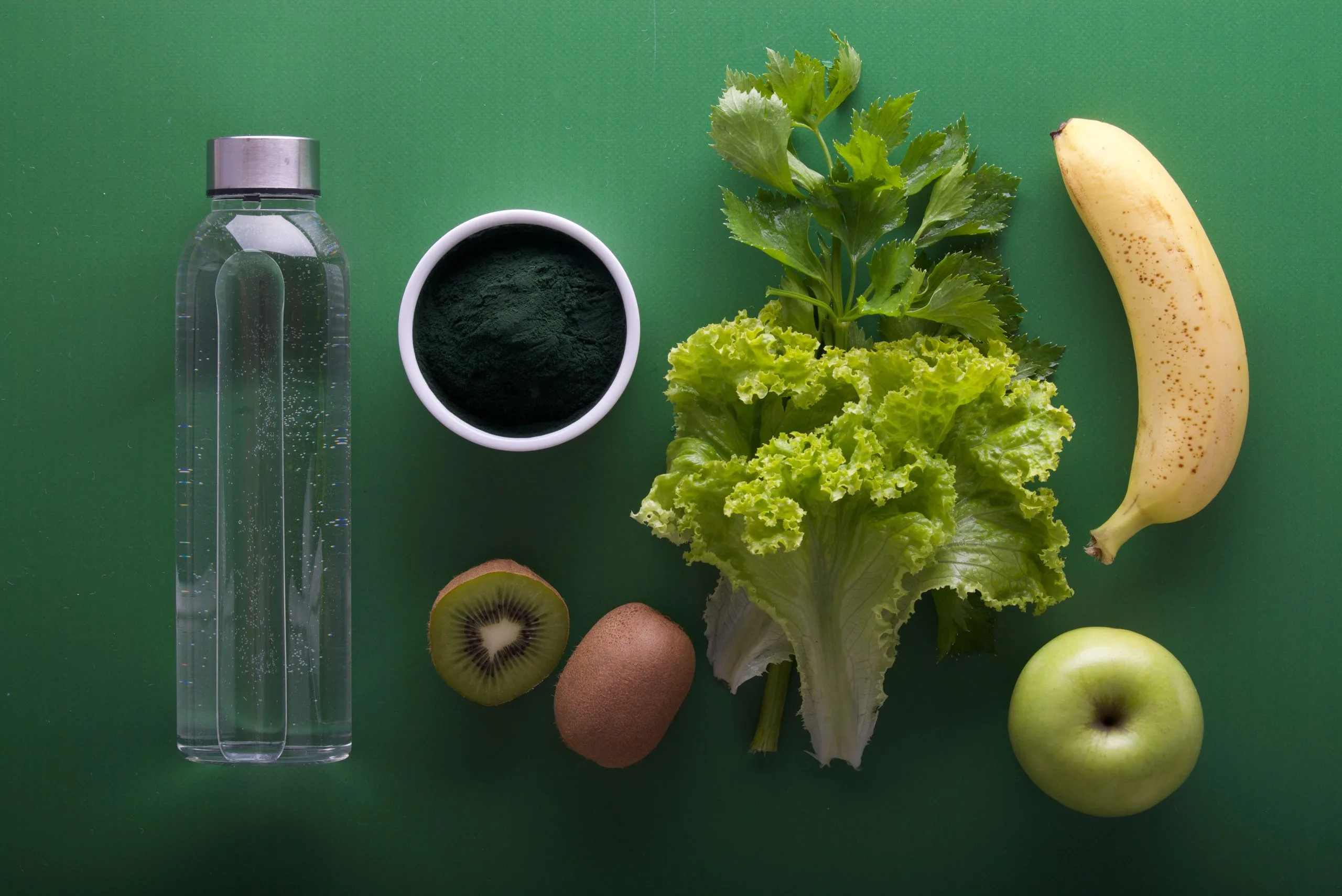The intriguing world of natural health remedies is a treasure trove of potential healing solutions, many of which have been used for centuries. Recently, there has been a resurgence in interest in these natural solutions, fueled by scientific studies exploring their efficacy. Below, we’ll delve into three such intriguing studies that have taken centre stage recently. Longevity Live Paid Content.
CBD: Not Just a Trend
CBD has surged in popularity in the wellness scene for its potential therapeutic benefits ranging from anxiety reduction to pain relief. Some recent studies provide a scientific basis for these claims.
One such study published in the European Journal of Pain found that topical CBD application could help reduce pain and inflammation associated with arthritis. Similarly, a review published in Frontiers in Immunology suggested that CBD might have anti-inflammatory effects that could benefit patients suffering from chronic inflammatory diseases.
However, the most substantial evidence regarding CBD’s efficacy lies in managing treatment-resistant epilepsy. In 2018, the FDA approved a CBD-based drug, Epidiolex, for treating two severe forms of epilepsy based on robust clinical trials.
Despite these encouraging findings, it’s important to remember that CBD research is still in its infancy. More rigorous studies are required to understand its full potential and safety profile.

Photo by Karolina Grabowska
Turmeric: The Golden Spice
Turmeric, a staple spice in Indian cuisine, has been traditionally used in Ayurvedic medicine for its anti-inflammatory and antioxidant properties. You can consume it in your normal diet or explore tasty alternatives like a turmeric latte mix. Most people prefer to make a tasty latte or buy capsules. The active ingredient, curcumin, has been the focus of many scientific studies.
A 2017 review in “Foods” concluded that curcumin might play a role in managing oxidative and inflammatory conditions, metabolic syndrome, arthritis, and anxiety. Moreover, a meta-analysis in the Journal of Medicinal Food found curcumin to be safe and effective in possibly treating symptoms of depression.
Despite the encouraging results, it’s essential to note that the body does not easily absorb curcumin. Consuming it with black pepper or fat can enhance its bioavailability.
Probiotics: Tiny Organisms, Big Impact
People seriously underestimate their gut health. In the US, 60-70 million people have gastrointestinal diseases. These include irritable bowel diseases that are often a result of diet, lifestyle choices, and neglecting gut health.
Probiotics are beneficial bacteria that contribute to gut health. They have been subject to scientific examination for their potential role in health and disease. A 2020 review in the BMJ Nutrition, Prevention & Health discussed the potential benefits of probiotics in the management of gastrointestinal disorders, including irritable bowel syndrome and antibiotic-associated diarrhoea.
Moreover, growing evidence suggests these microorganisms might play a role beyond gut health. Some studies indicate a possible connection between gut bacteria and mental health, opening exciting avenues for further research.
Science continues to shine a light on the potential benefits of natural health remedies. New life is possible for age-old practices, which inspire fresh perspectives on healing. While promising, these studies underscore the need for more extensive research to establish efficacy and understand potential side effects fully.



![women [longevity live]](https://longevitylive.com/wp-content/uploads/2020/01/photo-of-women-walking-down-the-street-1116984-100x100.jpg)










